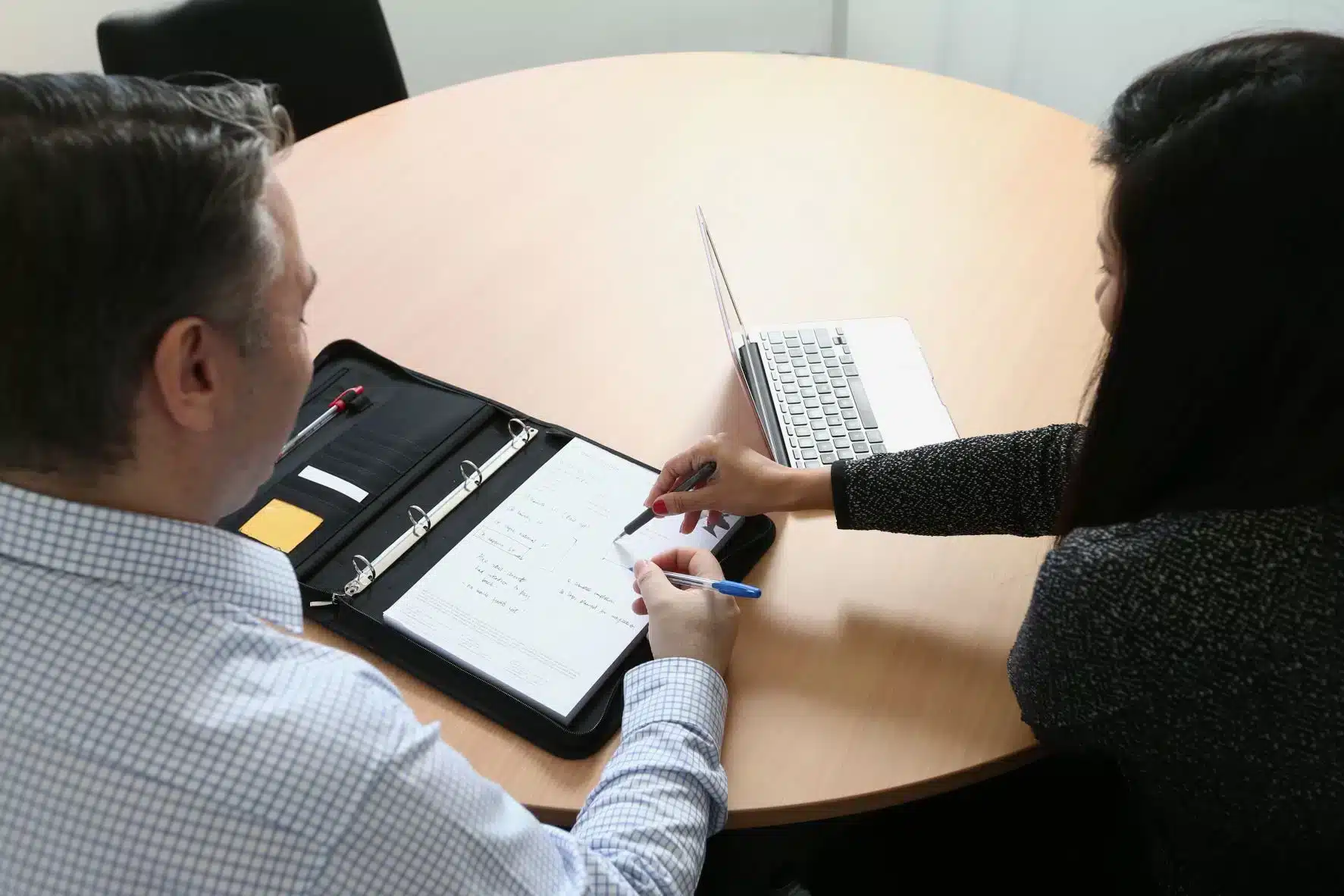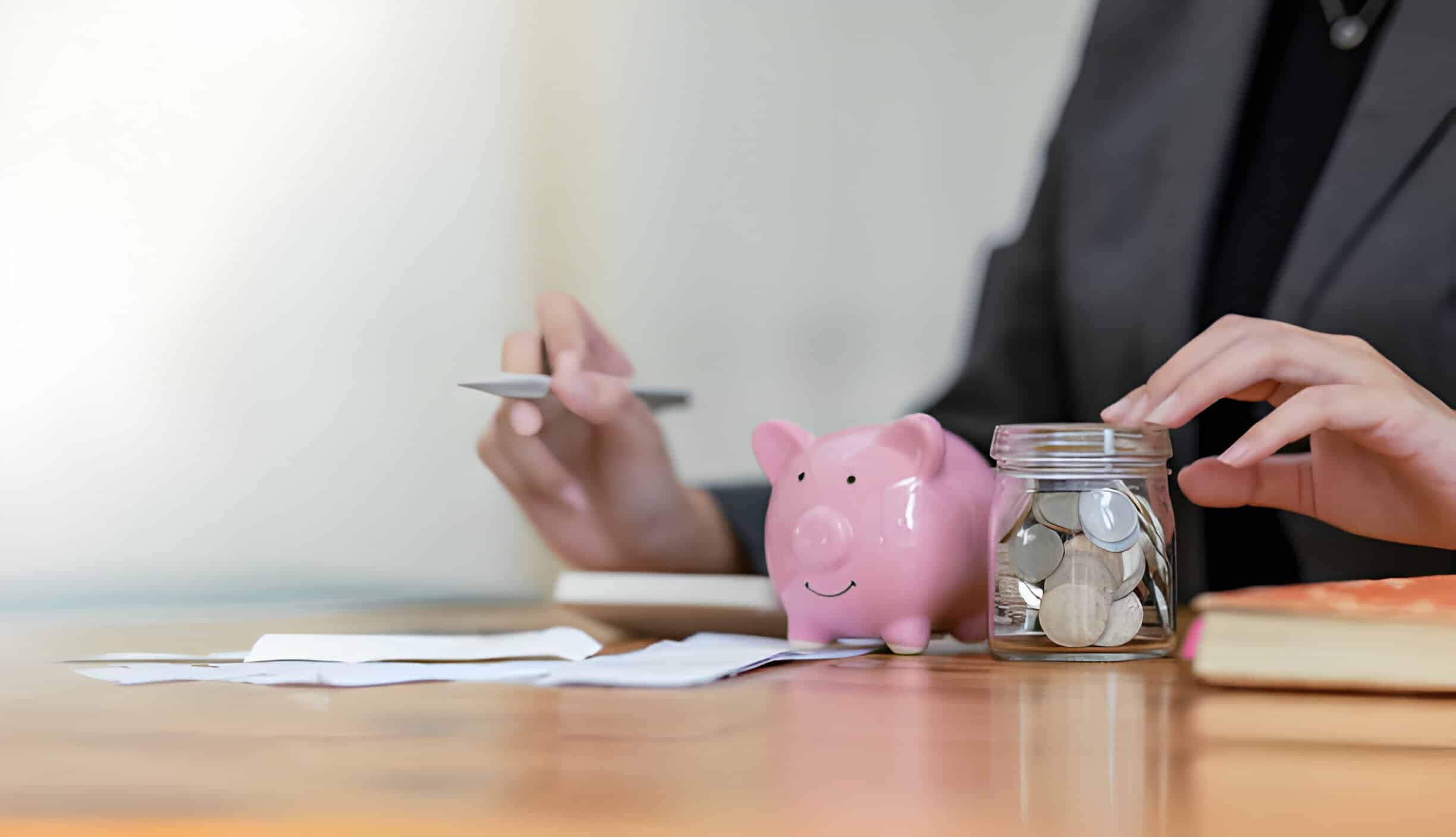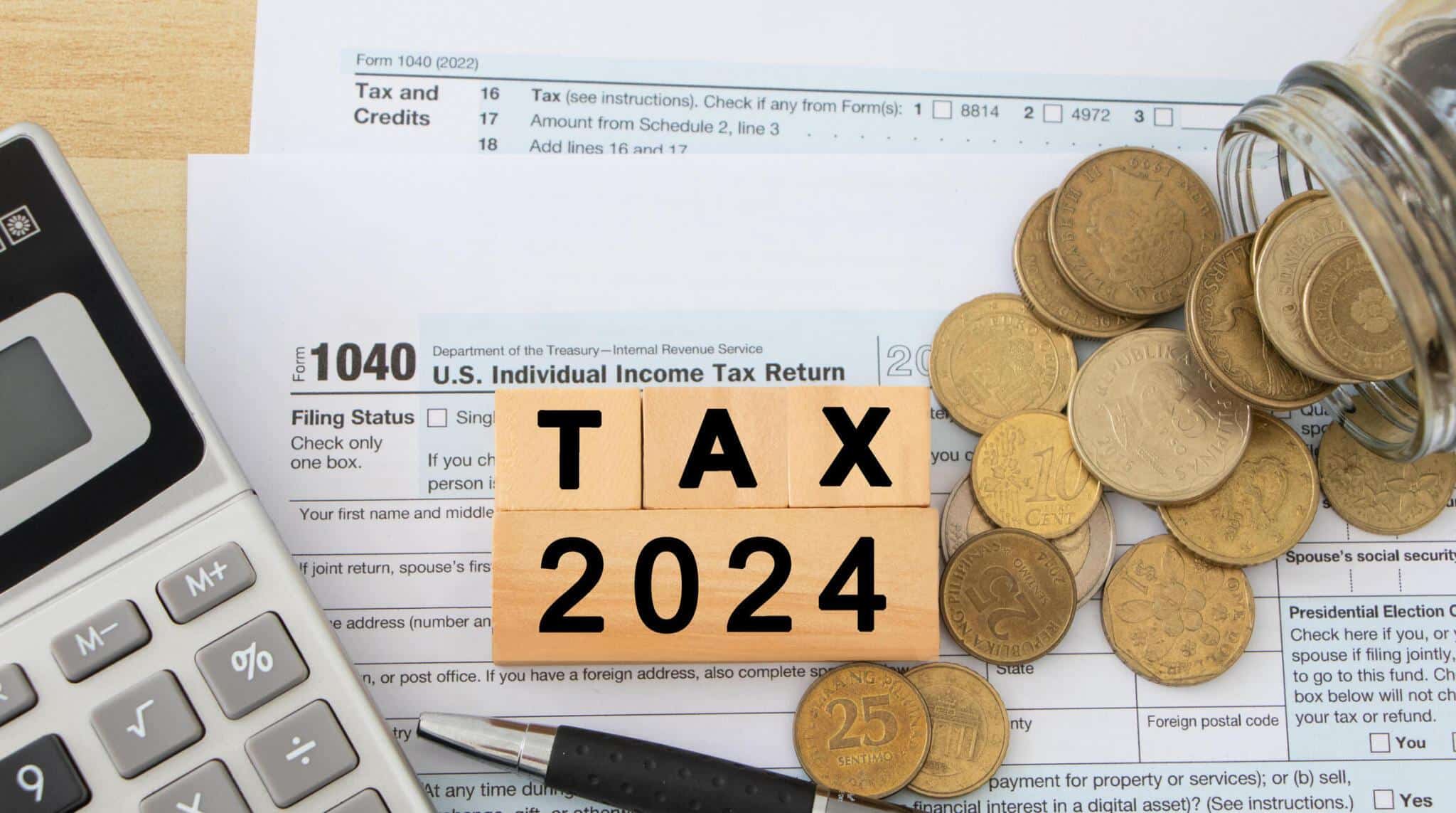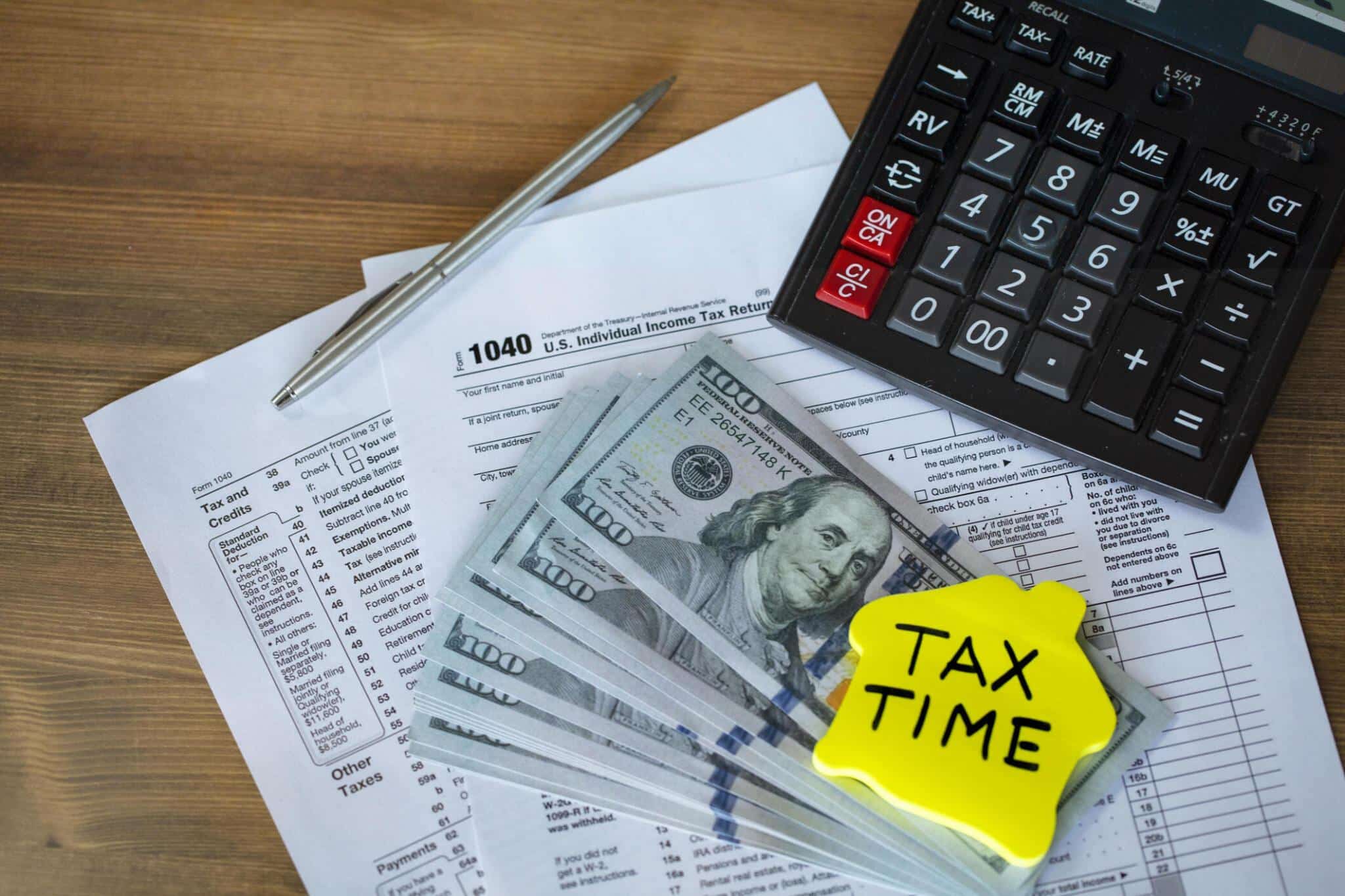Get the most out of your personal tax return this year.
Maximise your FY 2021/2022 tax return by getting organised in May and June. Here’s how.
- Get your paperwork in order
If you want your accountant to be able to lodge your tax return quickly and efficiently, you need to do the groundwork. Get your financial statements and receipts together in one place so you can hand everything over at once and hit the ground running.
Here is a ‘rule of thumb’ list of the documents to gather:
-
- Last year’s tax return information
- Private health insurance details
- Your spouse’s details (if applicable)
- Your children’s details, including birth dates
- Comprehensive details of all your income
- A list of all your expenses, including work expenses, donations, self-education expenses and tax management costs
- Records of any shares, businesses or properties that you have either bought or sold over the financial year
- Records of payments received from Centrelink
- Information about your investment property if you have one (e.g. property manager fees, rent, depreciation certificate, mortgage expenses)
- Itemise your work expenses
To get a decent personal tax return from the ATO, you need to claim as many work-related expenses as possible. List everything you paid for out of your own pocket, for example the cost of using the internet at home for work, phone expenses, uniforms, travel and education. If you have spent significant amounts, ensure you have receipts to share as evidence. Otherwise, check the ATO’s advice on what you can and can’t claim.
If you haven’t kept a record of, for example, the money you have spent on fuel for travel during work hours, your accountant still may be able to claim a small amount. However, keeping a logbook will allow you to provide a more accurate sum so you can maximise your claim.
- Consider contributing to super
You can take money from your after-tax salary and contribute it to your superannuation fund. Doing this is a clever way to increase the amount of income you will have when you retire.
Contributing after-tax salary to your super will also reduce your overall taxable income, reducing your likelihood of a large tax bill. Make sure to make the deposit with time to spare, though. The ATO will use the date the money clears and not the date you made the transfer. Transfer the money early to be well and truly cleared before July 1.
- Delay income
If you can delay any income until after July 1, do it. Whatever you can do to reduce the amount of your taxable income in the current financial year will reduce your tax bill. This includes any money from investments. Hold on to them until July.
- Decide how you want to lodge
There are many options for lodging an Australian personal tax return. One way is to lodge online through the ATO section on the MyGov portal. This is a quick way to lodge your tax independently, but the risk is that you may miss some key points and end up paying more tax than you need to.
If you want to make sure every box is ticked, it makes sense to work with a tax accountant. For one thing, your tax accountant can ensure you claim the maximum deductions. What’s more, they can ensure you don’t make any incorrect claims, which can potentially lead to you being investigated by the tax department and even given a fine.
Finally, your tax accountant can speak with you about minimizing tax over the coming financial year. They may highlight the benefits of making voluntary superannuation contributions or show you why having private health insurance will reduce your tax bill.
Using a tax accountant will make preparing your tax return a far more simple and straightforward process. It can be off in the form of a healthy tax return or a greatly reduced tax bill.
Need help with your tax return this year? Contact us today.










